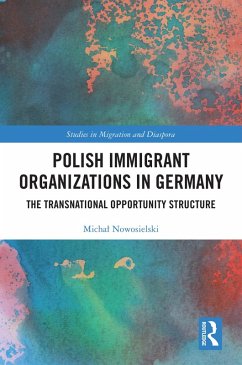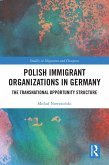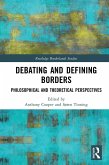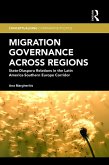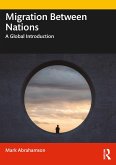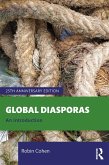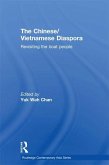Dieser Download kann aus rechtlichen Gründen nur mit Rechnungsadresse in A, B, BG, CY, CZ, D, DK, EW, E, FIN, F, GR, HR, H, IRL, I, LT, L, LR, M, NL, PL, P, R, S, SLO, SK ausgeliefert werden.
Marco Martiniello, Professor of Sociology, FRS-FNRS and CEDEM-University of Liège (Belgium)
"Polish organisations in Germany have been suffering from organisational difficulties for decades. Michal Nowosielski analyses the structural problems and challenges. An important publication also against the background of the Polish government's diaspora policy."
Peter Loew, Director, German Institute of Polish Affairs in Darmstadt (Germany)
"Michal Nowosielski presents a comprehensive picture of the Polish diaspora in Germany, one of the most numerous in Europe, its functioning and integration, through the lenses of Polish immigration organisations. Bringing together the experiences of representatives of these organisations and the views of relevant Polish and German institutions involved in migration policies and juxtaposing them with the findings of other researchers, the book offers an innovative multifaceted perspective on the study of the diaspora."
Marek Okólski, Professor, Center of Migration Research, University of Warsaw (Poland)
"Polish Immigrant Organisations represents an important contribution to scholarship on transnational civil society, by introducing and operationalising the concept of transnational opportunity structures. The well-organised empirical study showcases the application of this analytical tool, as well as providing welcome, indepth information on a hitherto largely neglected research area."
Anne White, Professor of Polish Studies and Social and Political Science, School of Slavonic and East European Studies, University College London (UK)

